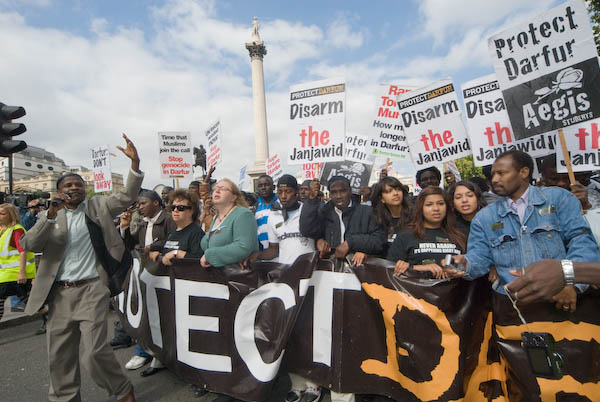
Sudan became independent in 1956 and ever since it has suffered civil wars and political instability. Since 1899 it had effectively been a British colony though Anglo-Egyptian in name, with British policy largely being directed at ensuring the Sudan did not become united with Egypt. Under British rule it was effectively administered as two separate regions, North and South Sudan.
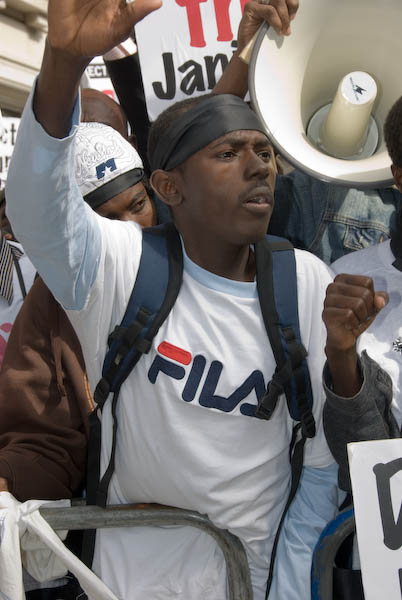
After the 1952 Egyptian revolution Egypt and Britain decided to give both regions a free vote on independence but the country gained independence without an agreed constitution, and arguments continued among the political parties. These were resolved by a military coup in 1958, and the country was under military rule (with three attempts at further military coups) until civil disobedience in 1964 led to a return to civilian rule.
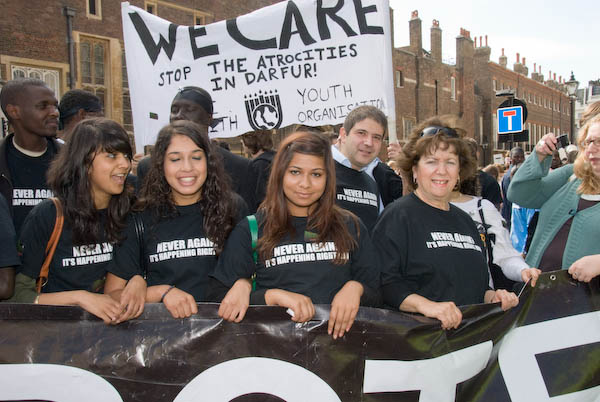
Stability of a sort only came to Sudan in 1989 when Colonel Omar al-Bashir carried out another coup and set up a one-party state with himself as President in 1993. Massive protests in 2019 eventually led to him being overthrown and to a new constitution with a transitional joint milatry-civilian government.
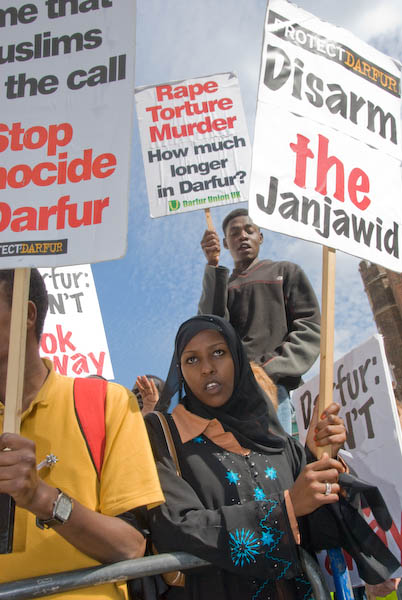
Although there had been previous conflicts in Darfur, a region roughly the size of Spain at the south-west of Sudan with borders with Libya, Chad, the Central African Republic and South Sudan it was only in 2003 that the War in Darfur began when rebel groups accused the government of oppressing Darfur’s non-Arab population.
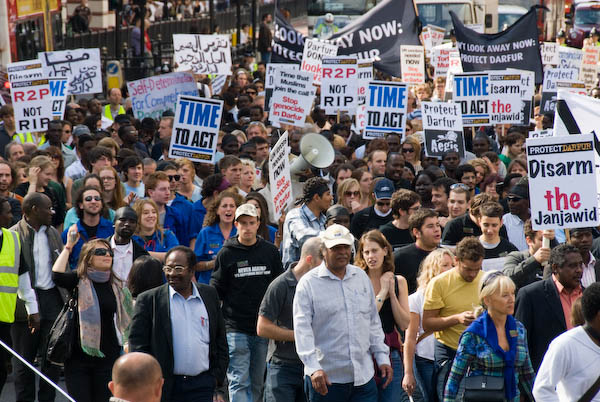
According to Wikipedia, “The government responded to attacks by carrying out a campaign of ethnic cleansing against Darfur’s non-Arabs. This resulted in the death of hundreds of thousands of civilians and the indictment of Sudan’s president, Omar al-Bashir, for genocide, war crimes, and crimes against humanity by the International Criminal Court.”
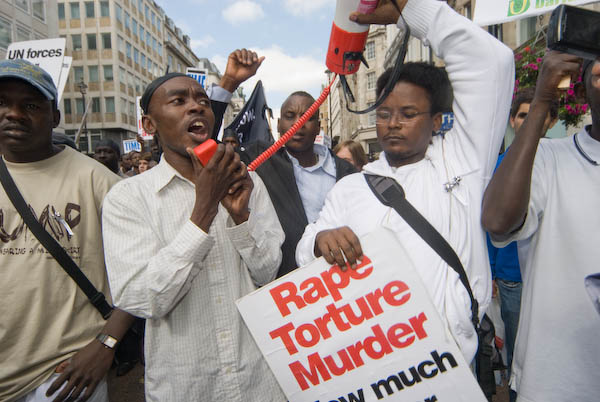
Estimates of the number killed “range up to several hundred thousand dead, from either combat or starvation and disease” and millions were forced to flee into refugee camps or across the border. Many seeking asylum in Europe are refugees from the Darfur war.
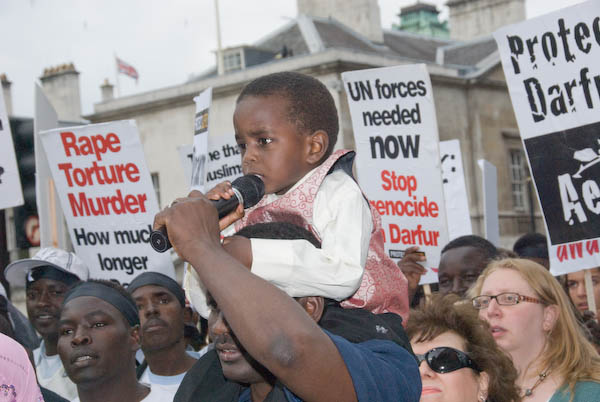
UN attempts to intervene were largely ineffective and the Sudanese government made clear its opposition to foreign involvement. Various peace talks and ceasefires failed to stop continuing violence and war crimes, but by 2009 the war had quietened down. Peace talks and donor conferences in Doha continued but so did attacks, with villages burnt and mass rapes by Sudanese soldiers in 2014. Sudan was accused of having used mustard gas on civilians in 2016.
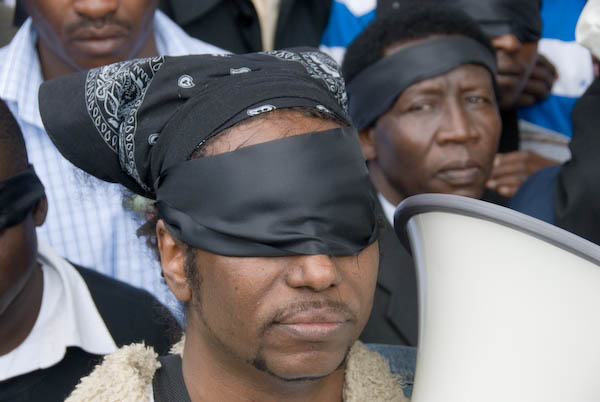
Finally in 2019 a draft declaration was signed to make a peace agreement, and some deals were signed in 2020 with the UN and African Union peacekeeping mission coming to an end after 13 years. But deadly tribal clashes have continued in 2021 in Darfur, often fuelled by disputes over land, partly a legacy of the changes to the principles of land ownership from communal to individual imposed under British rule, and exacerbated by climate change.
More from 2007 on My London Diary at Protect Darfur
All photographs on this and my other sites, unless otherwise stated, are taken by and copyright of Peter Marshall, and are available for reproduction or can be bought as prints.